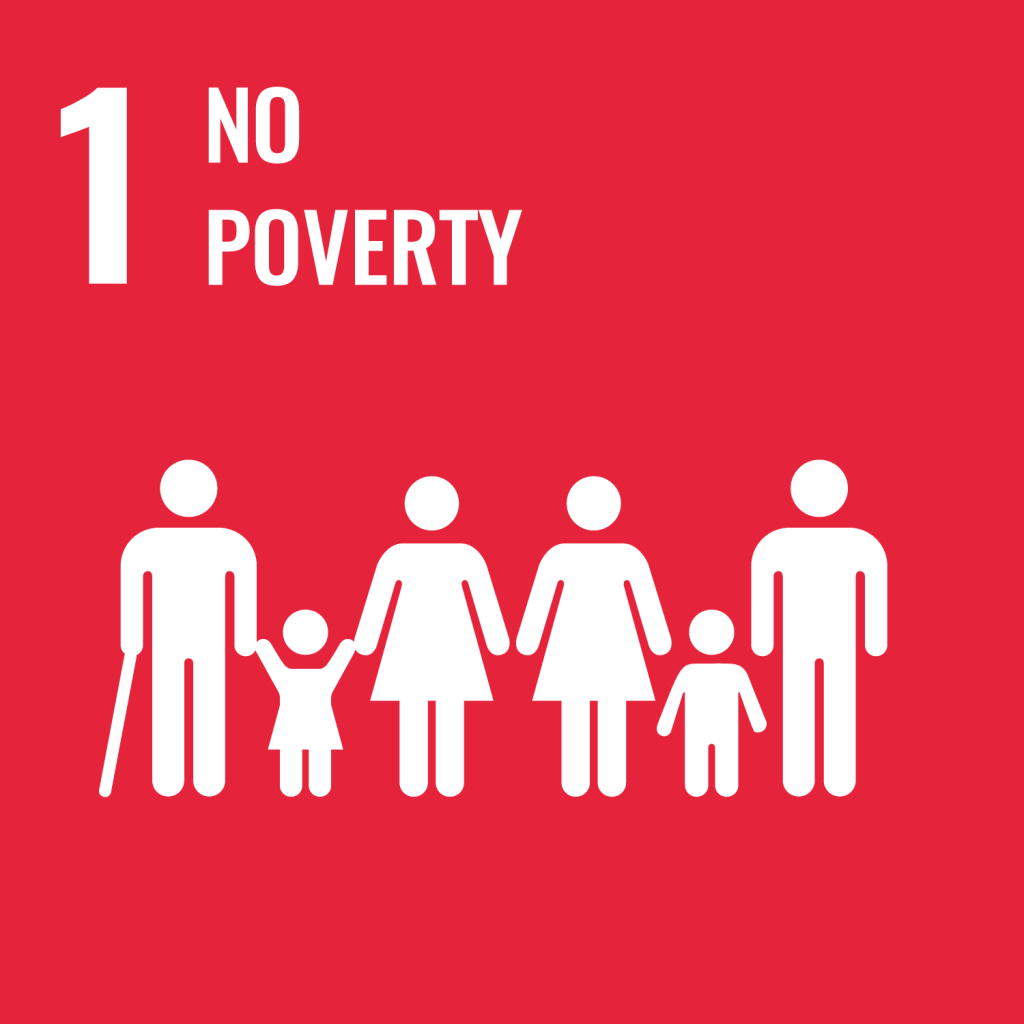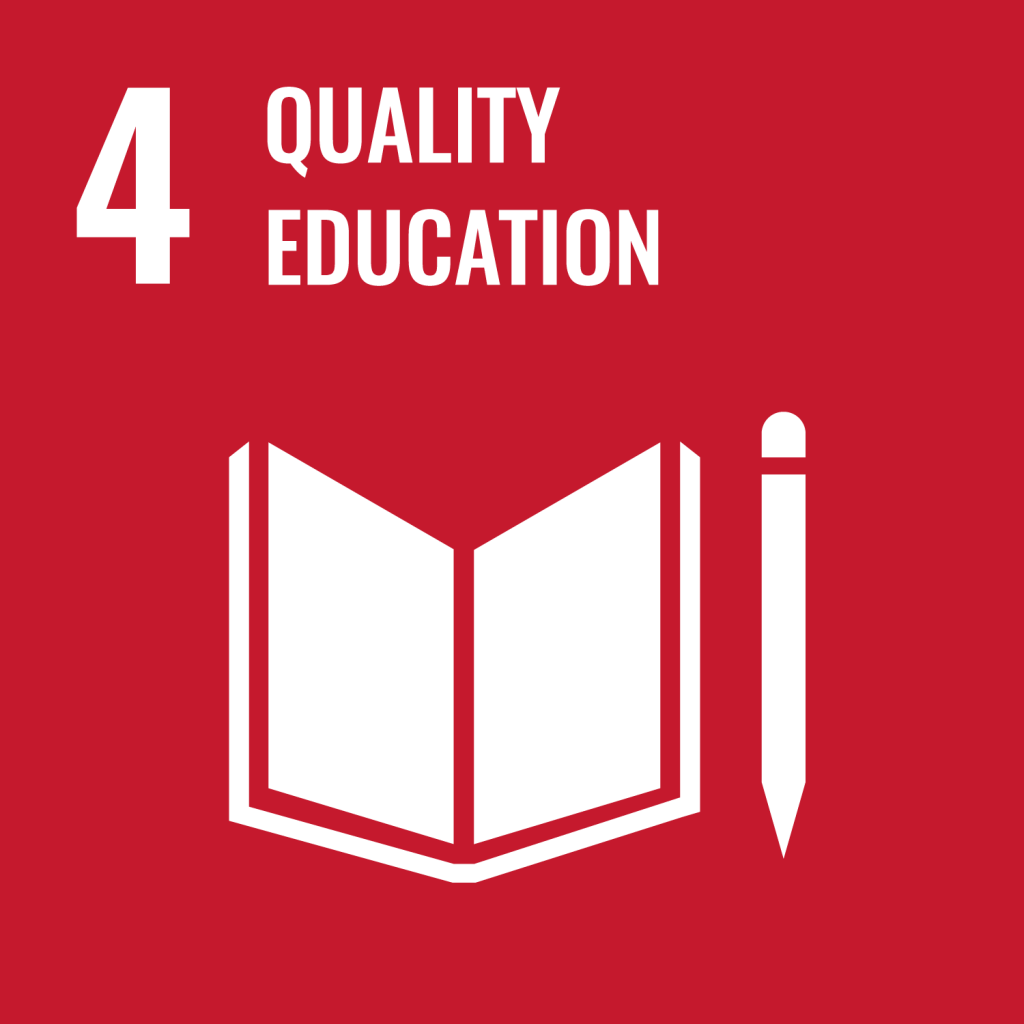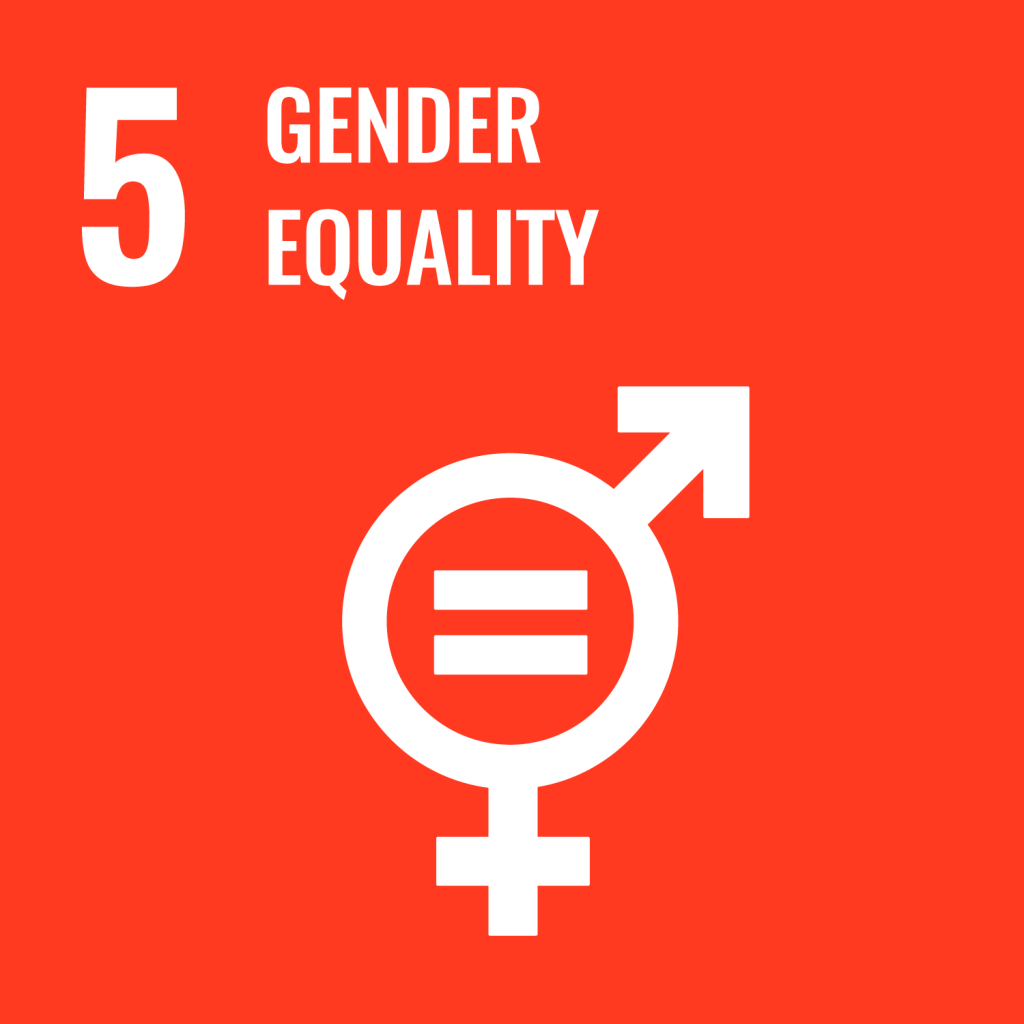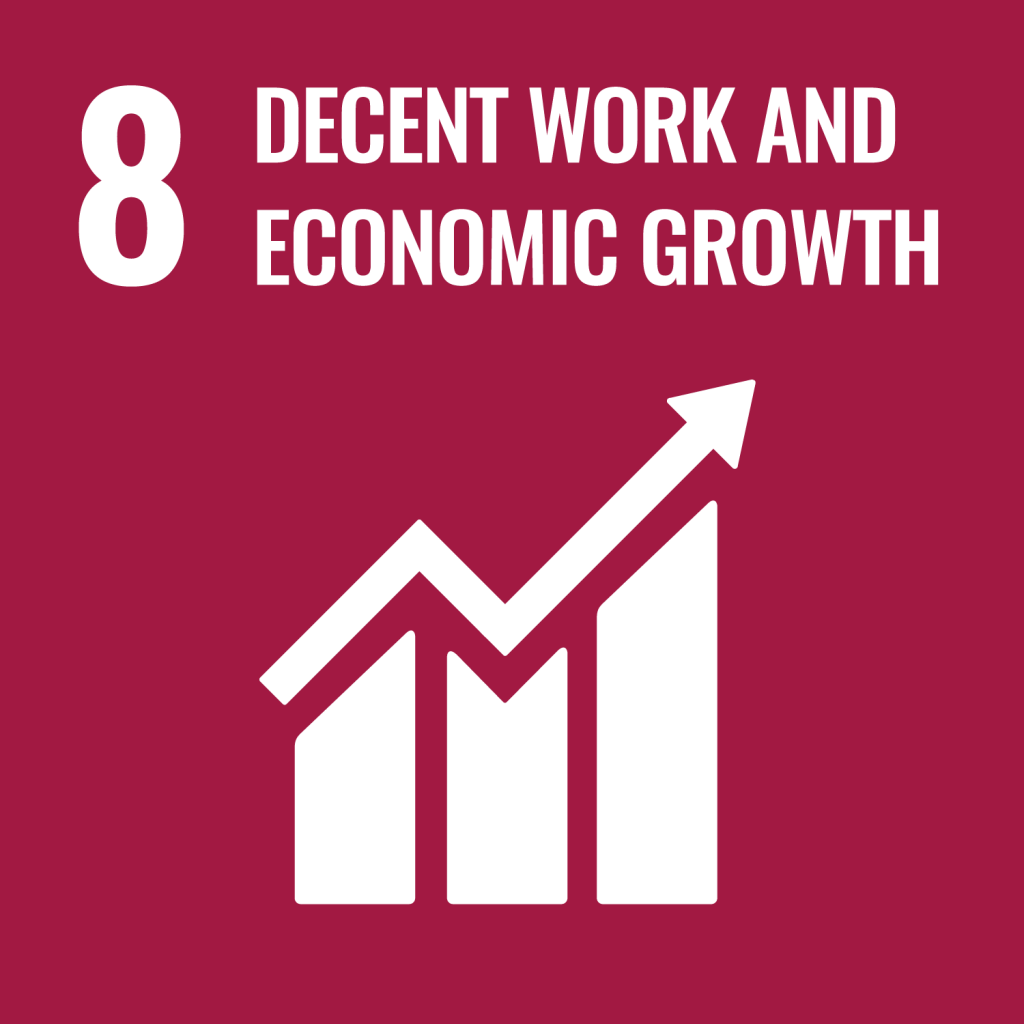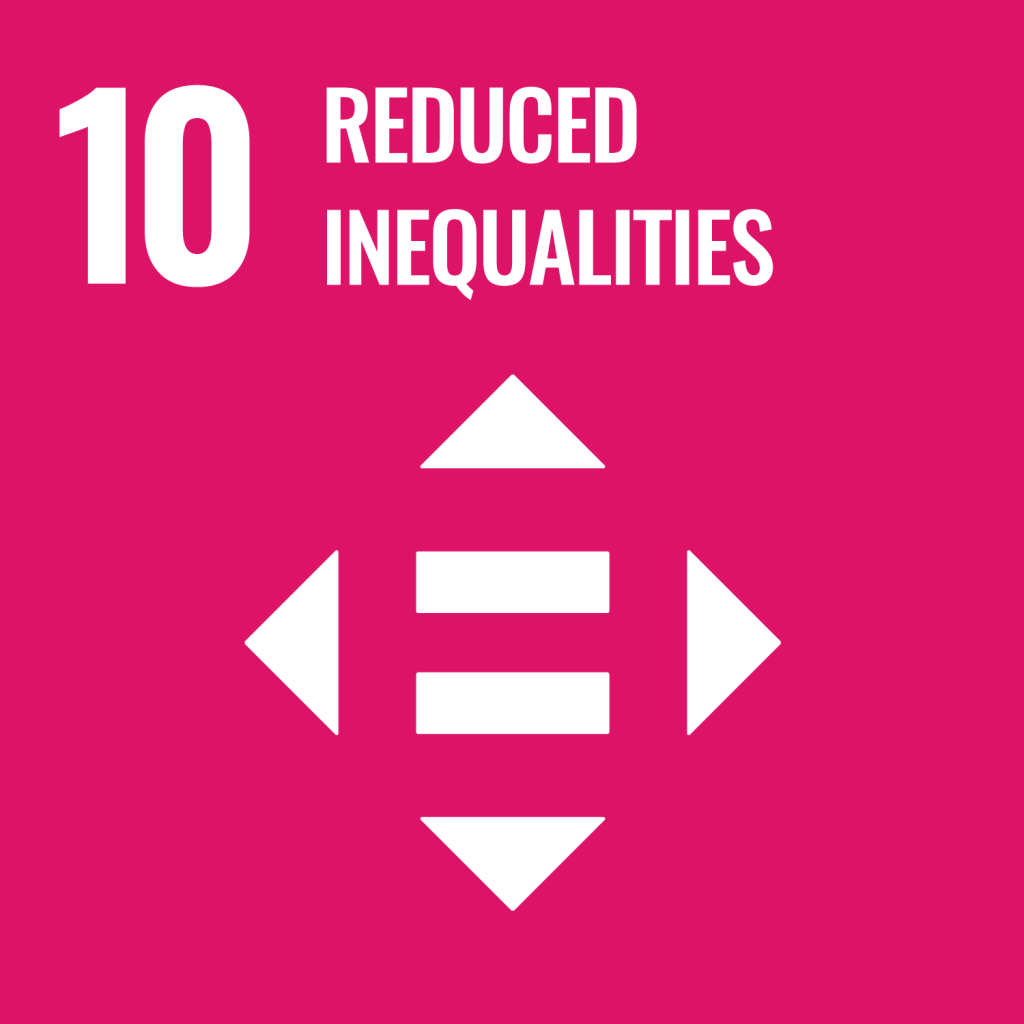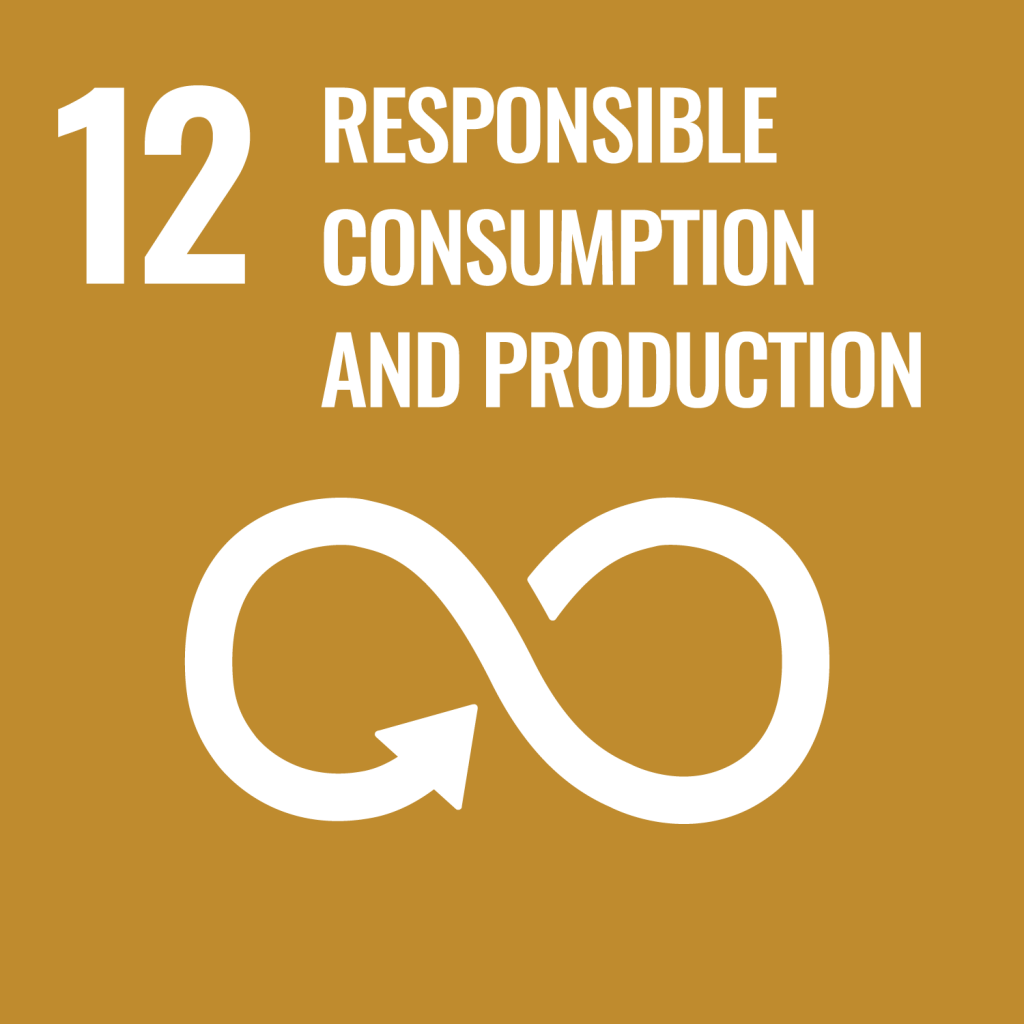The Cause
Two-thirds of the world doesn’t understand how money works. While other global problems can seem more critical, weak financial literacy exacerbates poverty, accelerates inequality, and destroys social mobility. Money worries are the most commonly cited cause of stress and worsening mental health concerns, even contributing to suicide rates.
In September 2022, the MAIAs team published a white paper that looks at our global failure to teach how money works – and the link with people’s experience of today’s cost of living crisis. The paper reveals a universal problem, impacting young and old, from America to Africa and Asia: no one is immune and nowhere is safe. View the 2022 white paper here.
The Team
Behind the Name
Maia was the Greek goddess of growth, as well as spring, renewal and nurturing. We love that our acronym means we are named after her, and that our celebration of the people helping others to grow is held in May, the month that takes her name, when growth returns after the winter.
We chose the words “Money Awareness” rather than “financial literacy”, because we believe it’s essential for the awards to be accessible and nurturing, just like Maia. The word “finance” can be off-putting to some and the term “literacy” can carry negative associations. Awareness of the benefits good money skills can bring, and access to services that can help us use those skills is what we all want and need – and we want everyone to feel like they are included.
We see wonderful but unheralded work in this subject area, with initiatives from organisations such as GFLEC, the Global Financial Literacy Excellence Center, being key to inspiring new research. We hope to provide additional inspiration, connecting many parts of this global effort to boost its effectiveness all over the world.
“Once you start thinking about financial literacy, you can’t stop thinking about it”
Profesor Annamaria Lusardi, GFLEC
United Nations Sustainable Development Goal
The MAIAS address 6 of the 17 UN SDGS

